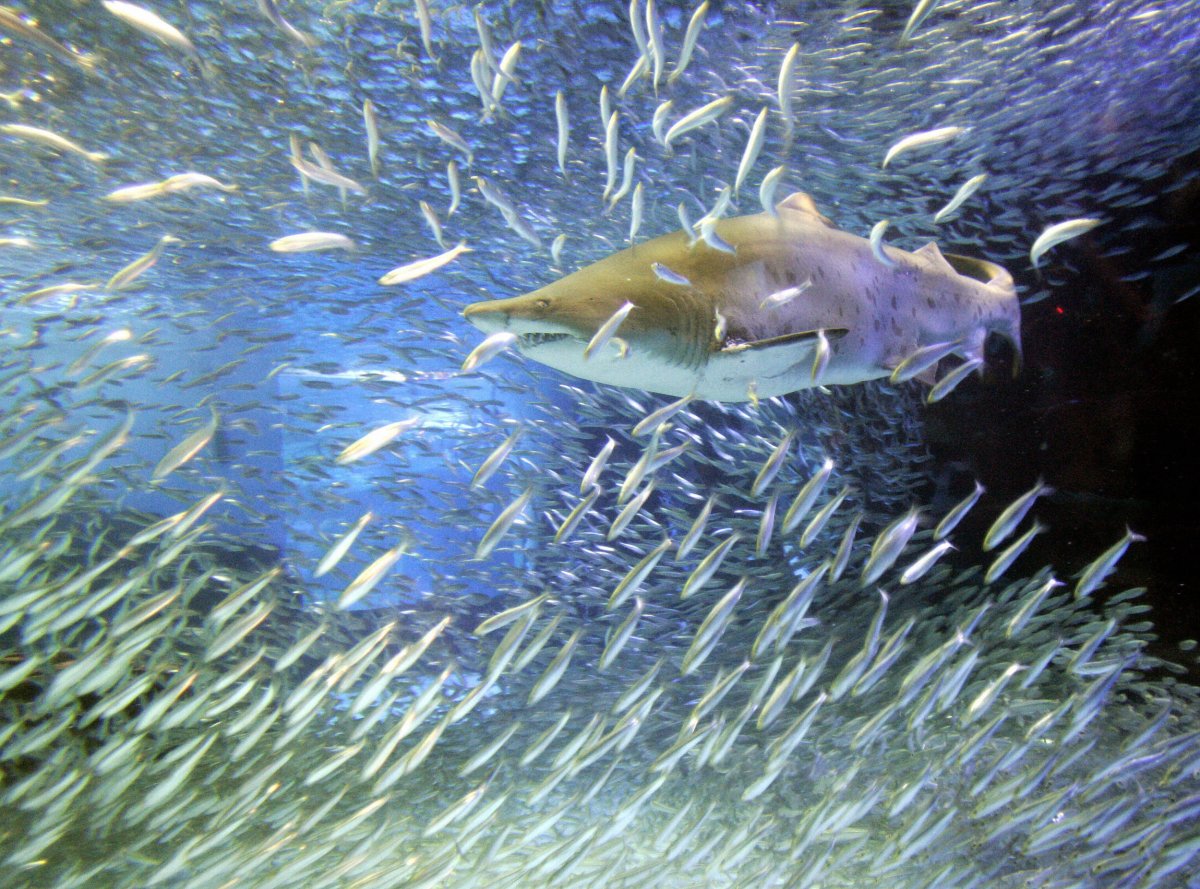Items of clothing believed to have belonged to a Hawaii diver reported missing earlier this month have been found with damage consistent with shark attacks, authorities say.
Alan Delatorre, 45, of Kailua-Kona, was declared missing after he failed to return home from a night dive on the evening of October 4. His family or friends never heard from him again, Hawaii Police Sergeant David Araki said in a media release on October 7.
Delatorre's truck was found on October 6 on Aliʻi Drive and a dive buoy believed to belong to the man was also located roughly 100 yards off the shore of Bubba's Beach, in the same area.
Rescue experts with the Hawaii Fire Department said they found damaged clothing and diving equipment in the waters near the buoy. "They indicated the damage to the clothing to be attributed to sharks," Araki said.
Media outlet Big Island Now reported the clothing had been discovered in a "shredded" condition.
Police described Delatorre as 5-feet-4-inches and 156 pounds with a medium build, black hair and brown eyes. In the most recent update, Araki confirmed no bodily remains had been recovered.
The Hawaii Tribune reported the fire department's search was suspended on October 6 after items were found in the water. A U.S. Coast Guard helicopter had assisted in the initial search.
Information published online by the Hawaii Department of Land and Natural Resources says there are about 40 species of shark that frequent the region, with eight species commonly close to the shores. It says inshore species such as the tiger, hammerhead, whitetip reef and sandbar are "top-level carnivores." There have been 13 shark incidents recorded in Hawaii already this year.
The department's research suggests there is an increased risk of being bitten during October and December. "Some of Hawaii's most serious shark attacks took place during those months," it noted, stressing incidents of sharks biting people in Hawaii are still considered very rare.
It said: "Although any shark may be potentially dangerous, especially if provoked, it is believed that only a few species of Hawaiian sharks have been responsible for biting people. Many inshore species are difficult to distinguish from each other, and positive identification is often not made.
"People who enter the water need to recognize that there are hidden dangers. A number of marine animals can cause serious injury to people, and sharks are just one example. Entering the ocean should be considered a 'wilderness experience,' where people are visitors in a world that belongs to the sharks." It says tiger sharks are considered the most dangerous sharks in local waters.
Anyone with information about the Delatorre case is asked to contact Officer Adam Cho at (808) 326-4646, ext. 296 or the police department's non-emergency number at (808) 935-3311.

Uncommon Knowledge
Newsweek is committed to challenging conventional wisdom and finding connections in the search for common ground.
Newsweek is committed to challenging conventional wisdom and finding connections in the search for common ground.
About the writer
Jason Murdock is a staff reporter for Newsweek.
Based in London, Murdock previously covered cybersecurity for the International Business Times UK ... Read more
To read how Newsweek uses AI as a newsroom tool, Click here.








